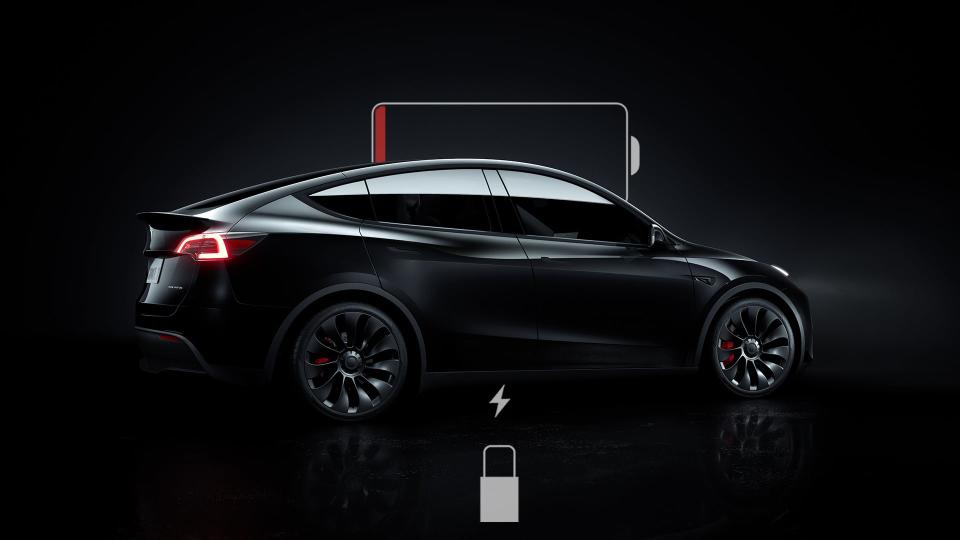Tesla Built a Secret ‘Diversion Team’ to Squash Exaggerated Range Complaints

Two of the largest complaints keeping people away from owning an electric car are range and charging. Automakers are promising to fix that in future generations of EVs, but current owners currently crossing the adoption chasm are still feeling the pain of mid-trip charging and possibly not-as-good-as-promised range.
Tesla is perhaps the most prolific EV maker in the world. With a software-first approach to electric cars, the Texas-based EV maker has attracted a lot of buyers. Couple that with fantastic advertised range and the largest charging network in the U.S., and it's no wonder that Tesla was able to take a huge bite out of traditional car sales. But new EV buyers are quickly finding that the real-world range of their new cars might not be as high as advertised, and as uncovered by a Reuters investigation, Tesla even resorted to building a secret team to thwart consumer complaints.

Speaking to Reuters, a person familiar with Tesla's internal workings claims that CEO Elon Musk ordered the range algorithm to see the world through rose-colored glasses... at least while the vehicle is above 50% state of charge.
“Elon wanted to show good range numbers when fully charged,” the source told Reuters. “When you buy a car off the lot seeing 350-mile, 400-mile range, it makes you feel good.”
These range estimates were optimistic, and when the vehicle dropped below 50% SoC, its algorithm started to present more realistic predictions, dropping the range much more quickly. It's not clear if Tesla still uses these range estimates, but it would appear that a number of customers are still unable to squeeze the advertised range out of Tesla's vehicles.
Tesla reportedly combated complaints from these customers by forming a so-called “Diversion Team” based in Las Vegas. When a customer attempted to open a support request in the app related to range, it would send the request to the Diversion Team—which dealt only with range cases—rather than the local service center.
This team was said to exist solely to handle complaints from customers who believed there were range issues with their cars. The advisers would run remote diagnostics on customers' vehicles and as long as there were no hardware-related range issues, they were trained to tell the customers that range estimates were just a prediction and that batteries degrade over time. Reuters says that if there were other issues found while running remote diagnostics, the Diversion Team was instructed to not tell the customer, cancel the service appointment, and close the case. And to celebrate successful cancellations, a supervisor reportedly purchased a metal-keyed xylophone that employees could strike whenever they convinced a customer to cancel their service appointments.
At one point, the team was said to be fielding around 2,000 range complaint cases each week and was expected to close at least 750. Employees were overwhelmed with cases and were reportedly instructed to no longer run remote diagnostic cases in the interest of time. Tesla eventually removed the ability for customers to schedule service visits for range complaints, leaving customers to be contacted by the team, and the team was reportedly instructed to close the case as "unresponsive" if they could not reach the customer by phone even once.


 Yahoo Autos
Yahoo Autos 